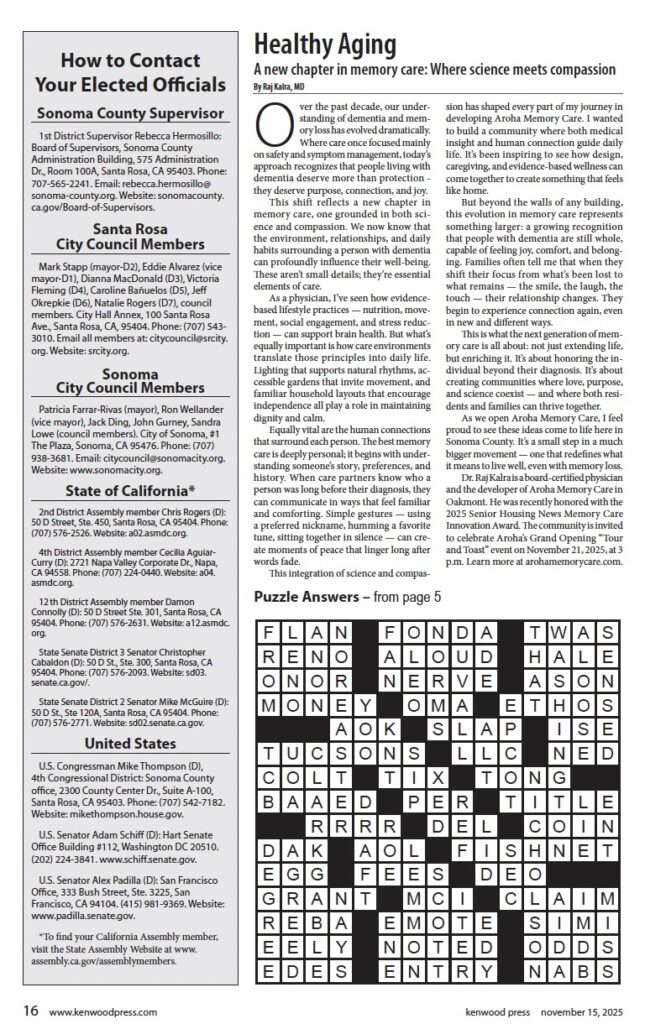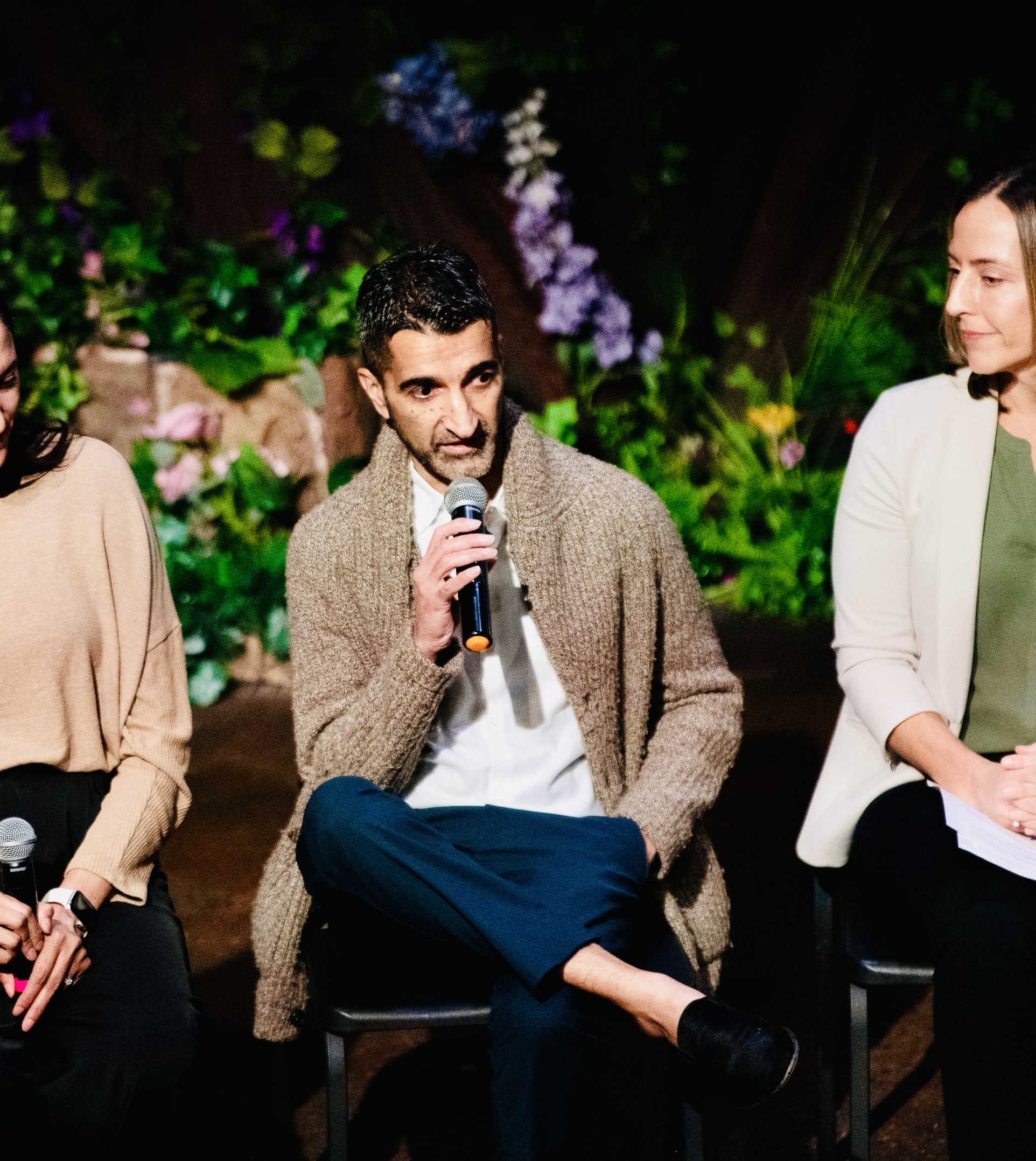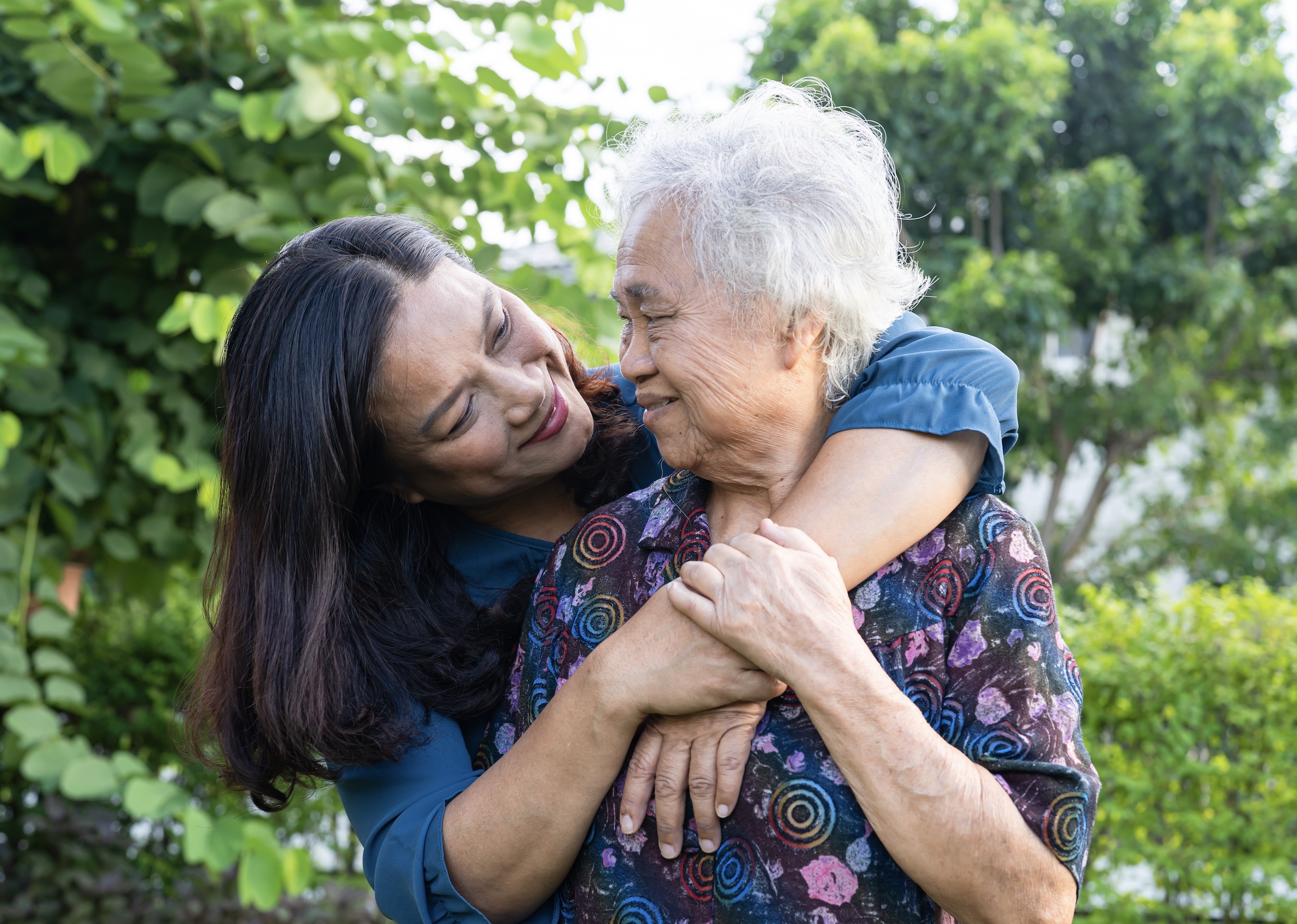FROM OUR BLOG
Healthy Aging - A new chapter in memory care: Where science meets compassion
Over the past decade, our understanding of dementia and memory loss has evolved dramatically. Where care once focused mainly on safety and symptom management, today’s approach recognizes that people living with dementia deserve more than protection – they deserve purpose, connection, and joy.
This shift reflects a new chapter in memory care, one grounded in both science and compassion. We now know that the environment, relationships, and daily habits surrounding a person with dementia can profoundly influence their well-being. These aren’t small details; they’re essential elements of care.
As a physician, I’ve seen how evidence based lifestyle practices — nutrition, movement, social engagement, and stress reduction — can support brain health. But what’s equally important is how care environments translate those principles into daily life. Lighting that supports natural rhythms, accessible gardens that invite movement, and familiar household layouts that encourage independence all play a role in maintaining dignity and calm.
Equally vital are the human connections that surround each person. The best memory care is deeply personal; it begins with understanding someone’s story, preferences, and history. When care partners know who a person was long before their diagnosis, they can communicate in ways that feel familiar and comforting. Simple gestures — using a preferred nickname, humming a favorite tune, sitting together in silence — can create moments of peace that linger long after words fade.
This integration of science and compassion has shaped every part of my journey in developing Aroha Memory Care. I wanted to build a community where both medical insight and human connection guide daily life. It’s been inspiring to see how design, caregiving, and evidence-based wellness can come together to create something that feels like home.
But beyond the walls of any building, this evolution in memory care represents something larger: a growing recognition that people with dementia are still whole, capable of feeling joy, comfort, and belonging. Families often tell me that when they shift their focus from what’s been lost to what remains — the smile, the laugh, the touch — their relationship changes. They begin to experience connection again, even in new and different ways.
This is what the next generation of memory care is all about: not just extending life, but enriching it. It’s about honoring the individual beyond their diagnosis. It’s about creating communities where love, purpose, and science coexist — and where both residents and families can thrive together.
As we open Aroha Memory Care, I feel proud to see these ideas come to life here in Sonoma County. It’s a small step in a much bigger movement — one that redefines what it means to live well, even with memory loss.
Dr. Raj Kalra is a board-certified physician with over 15 years of clinical experience in physical medicine and rehabilitation, pain management, lifestyle medicine, and obesity medicine. As the founder and president of Aroha Memory Care, a lifestyle medicine and wellness-based memory care home set to open in Santa Rosa in 2025, Dr. Kalra is dedicated to fostering a nurturing environment that empowers seniors to thrive in health and well-being.





